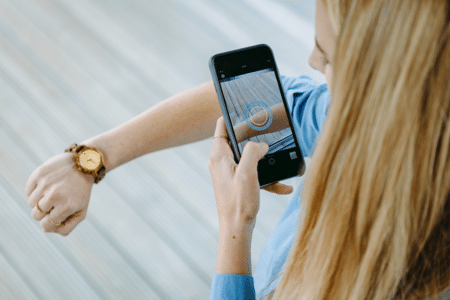
After months of lockdowns and restrictions, many of us will be taking every opportunity to head outside to enjoy as much sun as we can. The unpredictable nature of our climate throughout Spring and Summer has led many people to believe their skin won’t be damaged by the sun’s rays unless the skies are clear. However, a large proportion of the UK population have fair skin, which provides little protection against the sun, so even a small amount of exposure can do damage.
Skin cancer is one of the most common forms of cancer in the UK and rates continue to rise. At least 100,000 new cases are diagnosed each year, and the disease kills over 2,500 people each year in the UK – that’s seven people every day.
Main causes
The main cause of skin cancer is excessive exposure to ultraviolet (UV) radiation from the sun or sunbeds. Experiencing severe sunburn, particularly in childhood, increases the risk of developing skin cancer in later life so it is extremely important to protect yourself and your family from the sun whenever you are spending time outdoors. Frequent non-burning exposures can also be a contributing factor to the occurrence of skin cancer, especially for those with fair skin, red or fair hair, light-coloured eyes or many moles or freckles.
Small amounts of UV rays are good for the body, creating Vitamin D and absorbing calcium to build and maintain healthy bones. Enjoying the sun safely, while taking care not to burn, can help to provide the benefits of vitamin D without raising the risk of skin cancer. In the UK more than 8 in 10 cases of melanoma, the most serious type of skin cancer, could be prevented by using sun protection and avoiding sunburn.
How to protect your skin
There are a number of simple steps that will help protect against the sun’s harmful rays:
- Know the UV index, and if it is more than three, protect your skin and eyes.
- Seek shade when the sun is at its strongest – generally between 11am and 3pm.
- Cover up in the sun with a long-sleeved t-shirt and a hat.
- Wear sunglasses that carry a UV 400 label and offer 100% UV protection.
- Use sunscreen with a minimum SPF of 15 for UVB protection and 4-star for UVA protection. Apply liberally 30 minutes before going out in the sun and re-apply at least every two hours.
Skin cancer is a widely preventable disease which, if ignored, can lead to much more serious symptoms. It is also one of the only cancers we can see presenting on our body in the early stages, meaning we can keep track of any growth or changes.
SkinVision app
The SkinVision app, available to all Medicash policyholders, uses AI technology to track the appearance of moles on your body. The app helps you to perform regular skin self-exams and will alert you to any changes or new marks on your body. Simply take a photo of the skin spot or mole with your smartphone and receive a risk indication within 30 seconds.

Most skin cancers can be cured if detected early so it is especially important to keep on top of any changes to your skin. The SkinVision app can set reminders for regular self-exams and provide recommendations on the next steps to take, including whether to visit a healthcare professional.
To access this service from Medicash, policyholders just need to follow the link from within their current My Medicash App.
This post is part of a series of posts about skin cancer for Skin Cancer Awareness Month. You can find the other posts of the series below:
The UK has 50,000 ‘missing’ cancer diagnoses – could you be overlooking your own symptoms?
Skin cancer awareness: the danger of Dr Google and how to accurately self-diagnose
